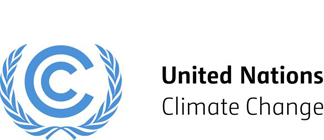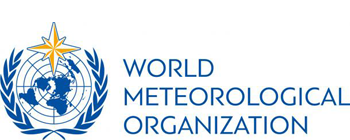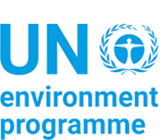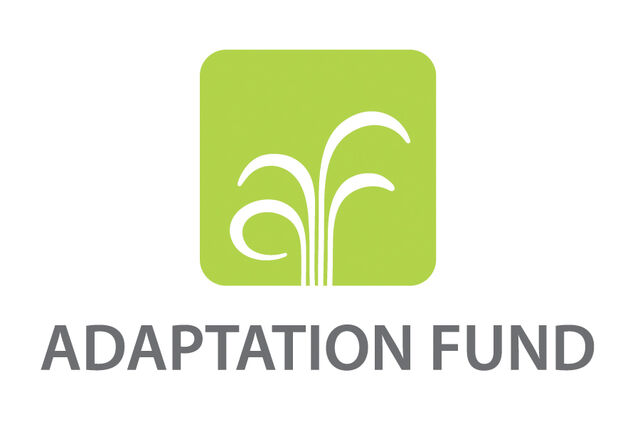The World Adaptation Science Programme (WASP) builds on the experience of the Programme of Research on Climate Change Vulnerability, Impacts and Adaptation (PROVIA), which ran from 2008 to mid-2018.
In 1979 WMO and UN Environment (UNEP, at that time) organized the First World Climate Conference. A major outcome of the Conference was the establishment of the World Climate Programme (WCP). Building on WCP, at the 3rd World Climate Conference, in 2009, WMO launched the Global Framework for Climate Services (GFCS) to which UN Environment is a strong advocate and partner, endorsed by 13 heads of state or government, 81 ministers, and 2,500 scientists. The GFCS implementation plan, developed over the course of three years and still being updated, provides an authoritative framework for guiding practical adaptation action in climate-sensitive sectors – water resources, agriculture, and food security, health and energy and, disaster risk reduction.
Working with relevant stakeholders (UNEP, WMO, IPCC, UNFCCC, academia), a meeting was held on 20–21 September 2017 at WMO in Geneva to discuss the status and future of climate adaptation science. Participants were unanimous in their conclusion that there was value in strengthening the science-policy interface, and in focusing joint work primarily around the provision of scientific support to UNFCCC, IPCC, and other national and international policy, practice and assessment processes. All partners agreed to revitalize the PROVIA as the World Adaptation Science Programme (WASP) to make sure the programme responds to the current needs of UNFCCC and IPCC following the adoption of the Paris Agreement, the 2030 Agenda and its Sustainable Development Goals in 2015.
WASP was officially launched on the margins of the 24th Session of the UNFCCC Conference of the Parties (COP 24) in Katowice, Poland, on 5 December 2018.








